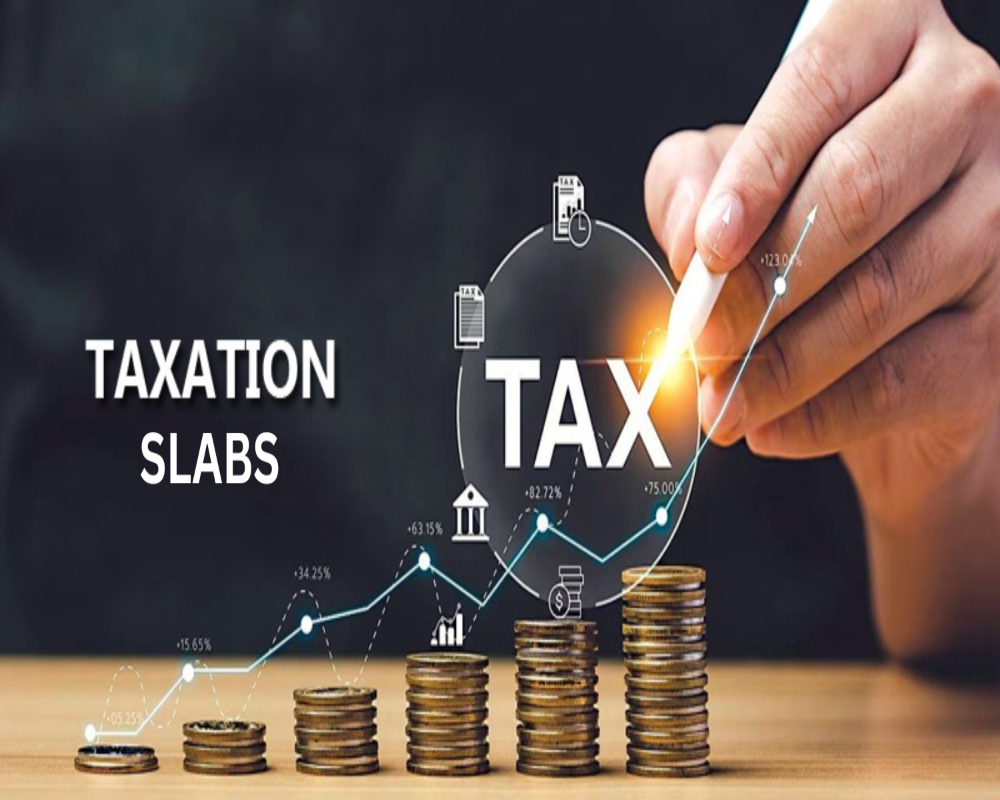Introduction
A One Person Company (OPC) is treated as a private limited company for taxation in India. Unlike sole proprietorships, which are taxed as individuals under personal income tax slabs, OPCs are taxed under the corporate taxation system as prescribed by the Income Tax Act, 1961. This distinction is important for single entrepreneurs as it affects how profits are taxed, how deductions are claimed, and how tax planning is executed. Understanding the applicable tax slabs and rates helps in ensuring accurate tax compliance and financial forecasting.
Applicable Corporate Tax Rates
OPCs are subject to a flat corporate tax rate, not personal income tax slabs. As of the current provisions, an OPC with a total turnover not exceeding ₹400 crore in the previous financial year is taxed at 25 percent of its total income. If the turnover exceeds ₹400 crore, the applicable tax rate rises to 30 percent. These rates apply uniformly regardless of the level of income earned, and they form the basic taxation structure for all domestic companies, including OPCs.
Surcharge on Income Tax
In addition to the corporate tax, a surcharge is applicable based on the taxable income of the OPC. If the income exceeds ₹1 crore, a surcharge of 7 percent is levied on the tax amount. If the income exceeds ₹10 crore, the surcharge increases to 12 percent. These surcharges are calculated on the total corporate tax payable and added to the overall tax burden when the OPC earns higher profits.
Health and Education Cess
All companies, including OPCs, are also required to pay a health and education cess of 4 percent. This cess is applied on the total of income tax plus surcharge, if any. The purpose of this cess is to fund government initiatives in health and education. Although it forms a relatively small component of the total tax liability, it is mandatory and must be included in every tax calculation for a complete and correct return.
Concessional Tax Rate under Section 115BAA
OPCs can choose to opt for a concessional tax rate of 22 percent under Section 115BAA of the Income Tax Act. This benefit is available provided the company does not claim specified exemptions or deductions such as additional depreciation, incentives under SEZ or backward area benefits, and losses carried forward due to such deductions. After including surcharge and cess, the effective tax rate under this scheme becomes approximately 25.17 percent. This option offers simplified compliance and may be beneficial for companies that do not require multiple tax incentives.
Minimum Alternate Tax (MAT) Provisions
In cases where an OPC’s tax liability under normal provisions falls below a certain threshold due to deductions or exemptions, the company may be subject to Minimum Alternate Tax (MAT). Under Section 115JB, MAT is levied at 15 percent of the book profits, plus applicable surcharge and cess. This ensures that companies with significant book profits still contribute a minimum amount of tax to the government. However, companies opting for Section 115BAA are exempted from MAT provisions.
Advance Tax and TDS Provisions
OPCs are also required to comply with advance tax provisions. If the total tax liability exceeds ₹10,000 in a financial year, advance tax must be paid in four quarterly installments. Non-payment or late payment of advance tax attracts interest under Sections 234B and 234C. Additionally, OPCs are responsible for deducting tax at source (TDS) on specific payments such as salaries, rent, and contractor payments, and depositing the same with the government on time.
Income Tax Filing and Compliance
OPCs must file their income tax return using Form ITR-6. The due date for filing is 31st October of the assessment year if audit is applicable. Along with the return, the audited financial statements, tax audit report (if required), and other statutory disclosures must be submitted. Timely and accurate filing ensures smooth compliance and avoids penalties under the Income Tax Act. Professional guidance is often needed to manage calculations, deductions, and filing obligations efficiently.
Conclusion
Taxation for OPCs is governed by corporate tax rules, offering a flat and stable structure that simplifies planning and compliance. With options for concessional tax rates, defined surcharge slabs, and exemptions from MAT in certain cases, the tax regime provides flexibility for different business models. Advance tax obligations, TDS duties, and return filing deadlines are critical components that OPCs must adhere to. A clear understanding of the applicable tax slabs and related provisions ensures that OPCs can manage their tax responsibilities effectively while leveraging available benefits.
Hashtags
#TaxationSlabs #OPC #OnePersonCompany #TaxGuide #BusinessTax #IncomeTax #TaxPlanning #FinancialLiteracy #StartupFinance #EntrepreneurTips #TaxCompliance #SmallBusiness #Taxation101 #OPCTaxation #BusinessGrowth #TaxDeductions #FinanceTips #TaxFiling #TaxEducation #WealthManagement #TaxStrategy #BusinessOwner #FinancialAdvice #TaxSeason #OPCBenefits


0 Comments